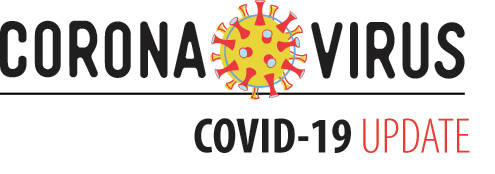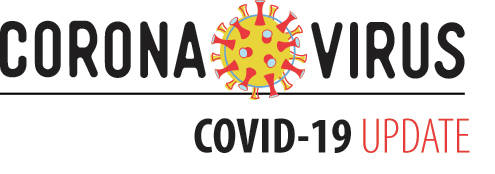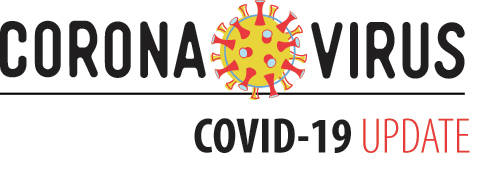


Gov. Mike DeWine’s administration is enacting a stay-at-home order as the number of cases in the state spiked Sunday to more than 350. Champaign County had no confirmed reports yet as of 2 p.m. Sunday, and of the test results returned to the Champaign Health District by Sunday evening, 8 are negative. But Logan County had its first confirmed case of COVID-19, announced by Logan County officials Sunday morning.
DeWine said the impending stay-at-home order will start to be enforced Tuesday by local health departments and local law enforcement. The order takes effect at 11:59 p.m. Monday.
“This is a health order, it’s not a health suggestion, and so we would expect people to comply with it,” DeWine said at a news conference at his office.
He said the order includes things he’s already been asking residents to do, such as stay at home except for essential needs.
It also includes a list of businesses that are classified as essential and allowed to stay open, he said. The order is reasonable, he said, and keeping people at home and preventing transmission of the virus can help buy time so that the state’s hospitals do not become overwhelmed, he said.
Traveling to buy food, essentials, medicine and supplies to shelter in the home will be permitted. Gas stations, laundromats, hardware stores and businesses that sell items to help people work from home will stay open. The postal service and delivery services will continue. Hotels will be permitted to stay open. Restaurant take-out and delivery of food and drink will be permitted to continue, as will food service distribution through schools for outreach of nourishing students while the buildings are closed.
What is not permitted as of Tuesday will be any non-essential social mingling of more than 10 people (the exception is gathering of members of a household). Public playgrounds will be closed, but individuals are still permitted to go to public parks and outdoor recreational areas if they stay distant from each other.
“If everybody cooperates, we’re going to save a lot of lives,” DeWine said.
Beginning Thursday, all daycare facilities must operate under temporary pandemic childcare license (maximum of 6 children per room). The Champaign Family YMCA has been approved as a Pandemic/Critical Care Child Care Center, according to the Champaign Health District.
In Ohio, the spreading virus has infected more than 350 people in 40 counties, up more than 100 cases in the past day, with more than 80 in hospitals, DeWine’s office said Sunday. Three people have died, his office reported. The onset period of the latest confirmed COVID-19 cases in Ohio is Feb 7-March 22. The age range is 1 year old to 93 years old. The median age is 51 years old.
Amy Acton, the director of the Ohio Department of Health, said there is “an incredible shortage of testing,” so the available coronavirus tests are being conserved for the highest-risk patients.
A look at coronavirus-related developments in Ohio on Sunday:
___
OTHER INFORMATION
-DeWine asked the legislature to forgo state-mandated board testing for school children.
-DeWine asked that prescriptions for malaria drugs to fight COVID-19 be allowed.
-The First Strategic National Stockpile supply is scheduled to arrive in Champaign County on Monday, March 23.
___
HYDROXYCHLOROQUINE AND CHLOROQUINE
The Ohio Board of Pharmacy moved to prevent hoarding of a malaria drug that President Donald Trump has suggested could treat people with the coronavirus. The board took an emergency 7-0 vote Sunday by telephone on a new regulation designed to prevent hoarding of hydroxychloroquine and a similar drug — chloroquine — that are sold around the world under a variety of brand and generic names.
They are malaria drugs that are seeing a surge in nationwide demand after Trump suggested they could treat people with the coronavirus, even though the federal government’s top infectious disease expert, Dr. Anthony Fauci, said science does not support that idea.
Under the new regulation, pharmacists cannot dispense chloroquine or hydroxychloroquine or sell them for a COVID-19 diagnosis unless it fulfills various prescribing requirements, including a positive test result, and is limited to a 14-day supply. They are prohibited from selling the drugs for prophylactic use for the coronavirus.
Currently, there is no medicine specifically approved for treating COVID-19.
The board said the rule will ensure the drugs are dispensed appropriately to patients who rely on them to treat conditions such as malaria, rheumatoid arthritis and lupus.
___
The Associated Press receives support for health and science coverage from the Howard Hughes Medical Institute’s Department of Science Education. The AP is solely responsible for all content.


